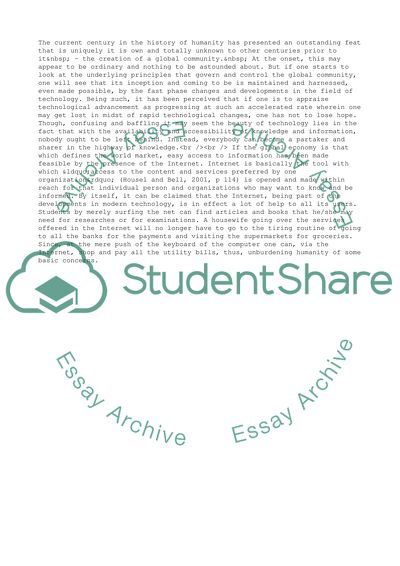Cite this document
(Enterprise Knowledge Management: Internet and Intellectual Property Term Paper, n.d.)
Enterprise Knowledge Management: Internet and Intellectual Property Term Paper. Retrieved from https://studentshare.org/business/1537272-enterprise-knowledge-management
Enterprise Knowledge Management: Internet and Intellectual Property Term Paper. Retrieved from https://studentshare.org/business/1537272-enterprise-knowledge-management
(Enterprise Knowledge Management: Internet and Intellectual Property Term Paper)
Enterprise Knowledge Management: Internet and Intellectual Property Term Paper. https://studentshare.org/business/1537272-enterprise-knowledge-management.
Enterprise Knowledge Management: Internet and Intellectual Property Term Paper. https://studentshare.org/business/1537272-enterprise-knowledge-management.
“Enterprise Knowledge Management: Internet and Intellectual Property Term Paper”, n.d. https://studentshare.org/business/1537272-enterprise-knowledge-management.


